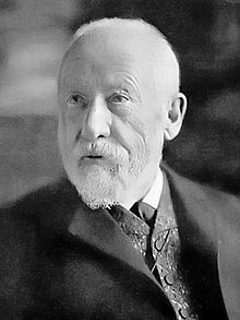
Publication details
Publisher: Springer
Place: Berlin
Year: 1980
Series: Martinus Nijhoff Philosophy Library
ISBN (Hardback): 9789400988712
Full citation:
, Wilhelm Dilthey, Berlin, Springer, 1980


Wilhelm Dilthey
a hermeneutic approach to the study of history and culture
Martinus Nijhoff Philosophy Library | 2
Springer
1980
Abstract
In the Introduction to the Human Sciences, Dilthey had indicated that Verstehen was the proper method by which to understand history. After 1883, Dilthey revised his conception of knowledge of the human world. He now felt that to know the human world is not an act of Verstehen of man’s experiences, but an act of interpretation — a “hermeneutic” act — of products created by man and in which he has expressed his experiences. In the human sciences, life and experience themselves are beyond empirical investigation; but the expressions of life and experience are not. The products of human experience, said Dilthey, including architecture as well as systems of law, documents as well as musical compositions, may be regarded as texts to be interpreted.1
Cited authors
Publication details
Publisher: Springer
Place: Berlin
Year: 1980
Series: Martinus Nijhoff Philosophy Library
ISBN (Hardback): 9789400988712
Full citation:
, Wilhelm Dilthey, Berlin, Springer, 1980

